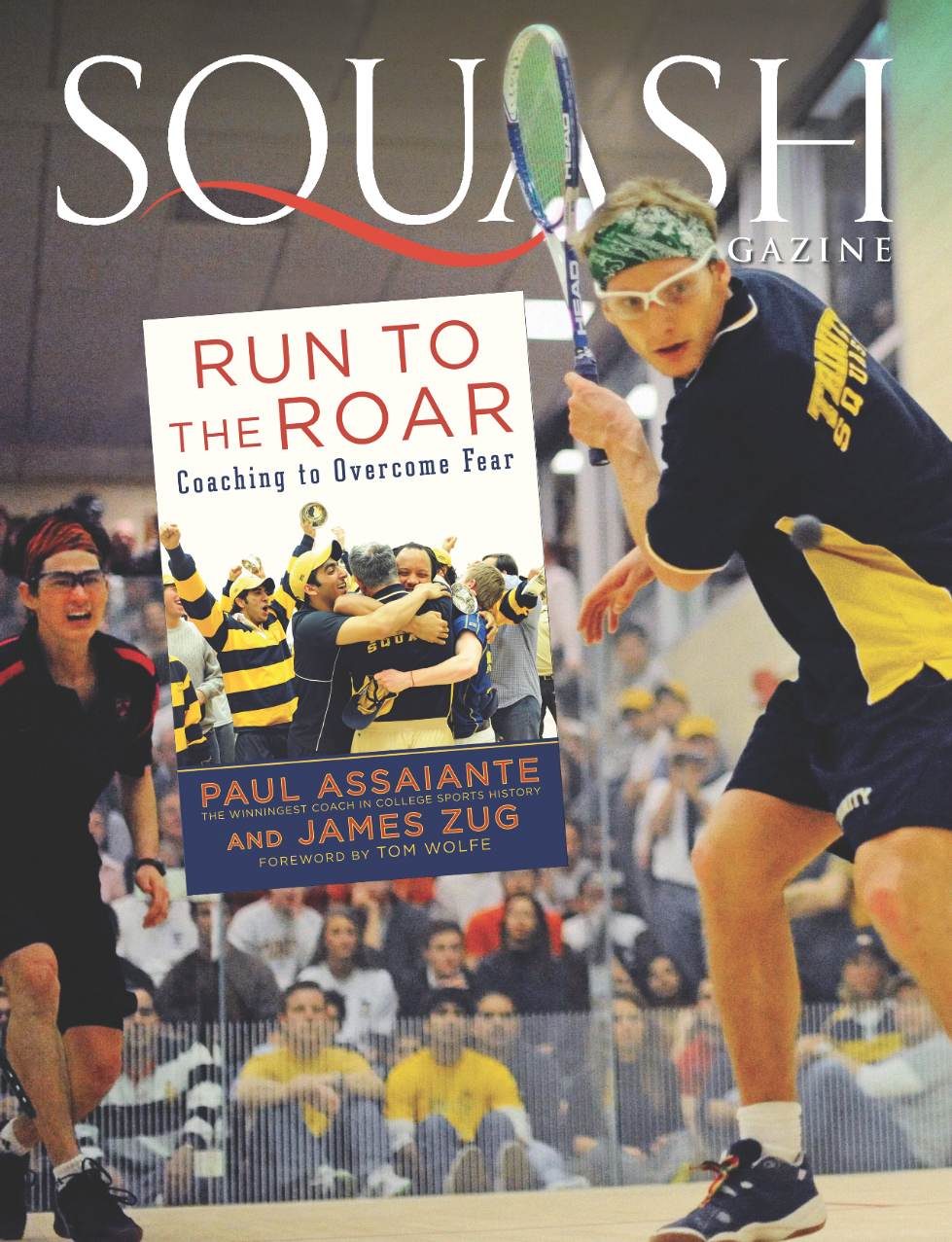By Jay D. Prince
One of the things I’ve always liked about racquet sports is that, when kids start playing and improving, they can ultimately play with anyone—including adults. Can kids play soccer with adults? Perhaps, but probably not until they have reached a level of physical maturity that they can run as fast or hold up to the physicality of play.
When I was a junior tennis player (I started playing at 4-years-old, and entered my first tournament at 7), I hung out at my tennis club all summer long, all day long. I was always on the court. But I was relegated to playing on the “junior courts” about as far from the clubhouse as you could get and still be, well, there. However, my goal was to be able to play on the “adult courts” and beat the adults who always sneered when a stray ball from my court found its way to their courts.
By the time I was nine, I started playing some of the adult players, and by 11 I was beating them. I eventually got to the point where some would invite me to play, sometimes singles and sometimes doubles.
I’m not sure at what age it was that I realized something about playing against adults—that even if I had better strokes and could run faster, their experience from years of playing and “learning how to win” was often-times enough to beat me. And it was while having a meltdown emotionally that I also learned something else—the importance of respecting the game and my opponents.
It’s precisely these two things that junior squash players can learn by playing against adults. At my club in Seattle, the junior players who have reached a national caliber frequently play adults. Perhaps that is in part because my club doesn’t have 20 juniors all playing at that level like many clubs on the east coast.
When I am on court with a junior player, I have certain expectations. One is that I expect to get a full 45 minutes (minimum) to play. I’m not into the idea that if the match is “over,” that that means it’s time to call it a day. PAR scoring has definitely contributed to the problem of a match being over in less than the aforementioned 45 minutes, but I expect my opponent to stick around and keep playing.
Another is that I expect the junior player to play hard and never give up. I feel the same way about adult players. If you’re losing badly, the last thing I want to see is you moping around, whining, and just going through the motions. When I was first introduced to squash by my former tennis–turned-squash-player college roommate, one of the things he had been told by his coach at Cornell (Pete Briggs) was: “If you lose and can walk off the court under your own power, you didn’t try hard enough.” Think about it: How many times have you been on the brink of losing (or winning) only to have something change and suddenly you’re back in it (or out of it)? It’s squash... it happens. Even in PAR scoring—but not if you give up and quit.
Finally, I expect junior players to show respect to their adult opponents and to the game. Immediately after winning a point, it’s common to see the player hit the ball one more time. But the ball had better end up in that player’s hand or side of the court. In my book, it’s disrespectful to hit the ball so that it winds up by the opponent such that he/she has to get it and give it to you to serve. Your opponent already knows you won the point. And if you lose the point with the ball winding up near you, be courteous enough to get the ball and toss it to your opponent—don’t walk away and leave it for your opponent to get it.
Juniors don’t show much respect to each other on the court, which bothers me a lot. For that matter, kids really don’t show much respect to each other outside the court either. But if a junior player expects to play a match with an adult, they need to treat them with the respect they deserve. The kid may become (or already be) a better player, but that is all the more reason to be respectful. In the end, it shows respect for the game—which is bigger than any of us.



